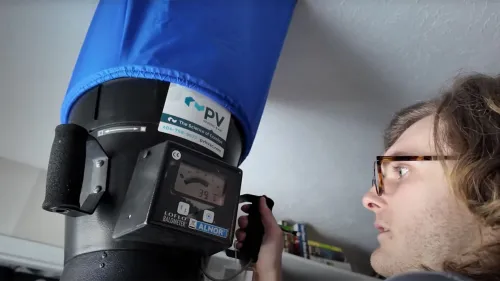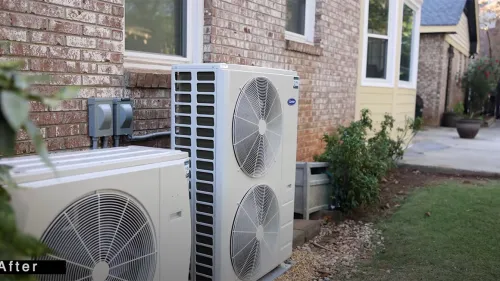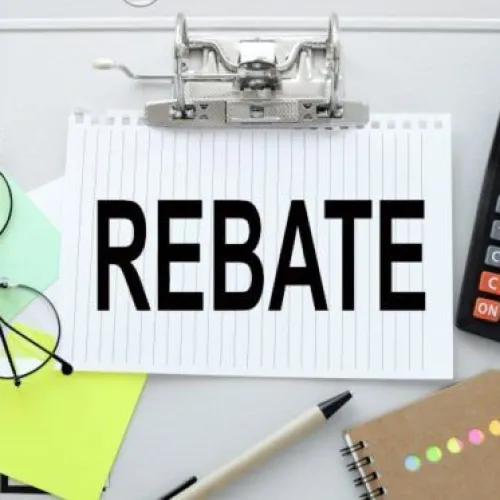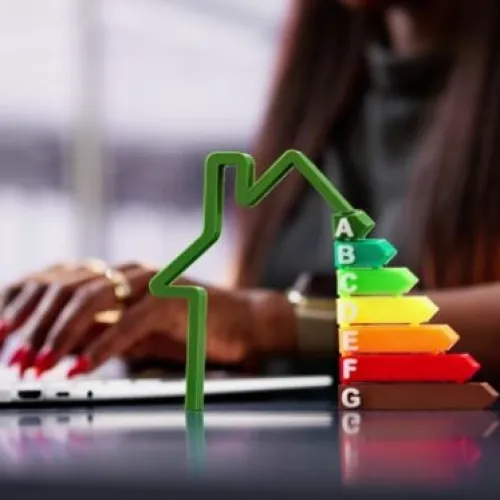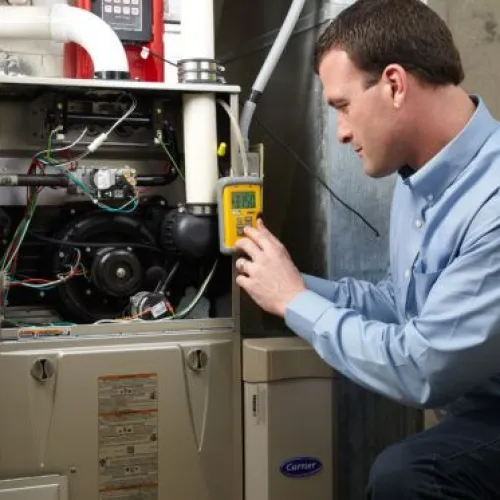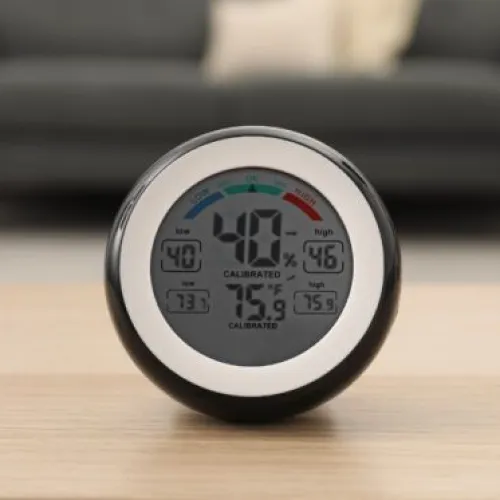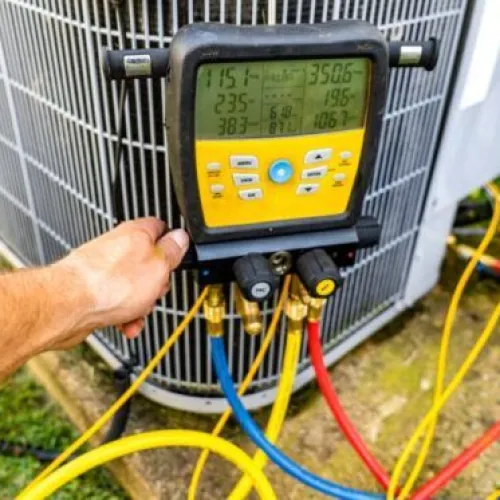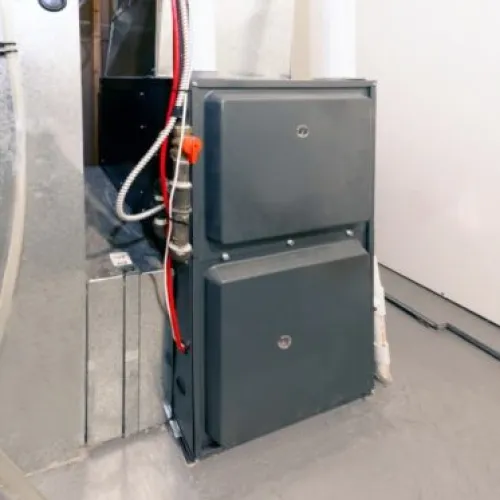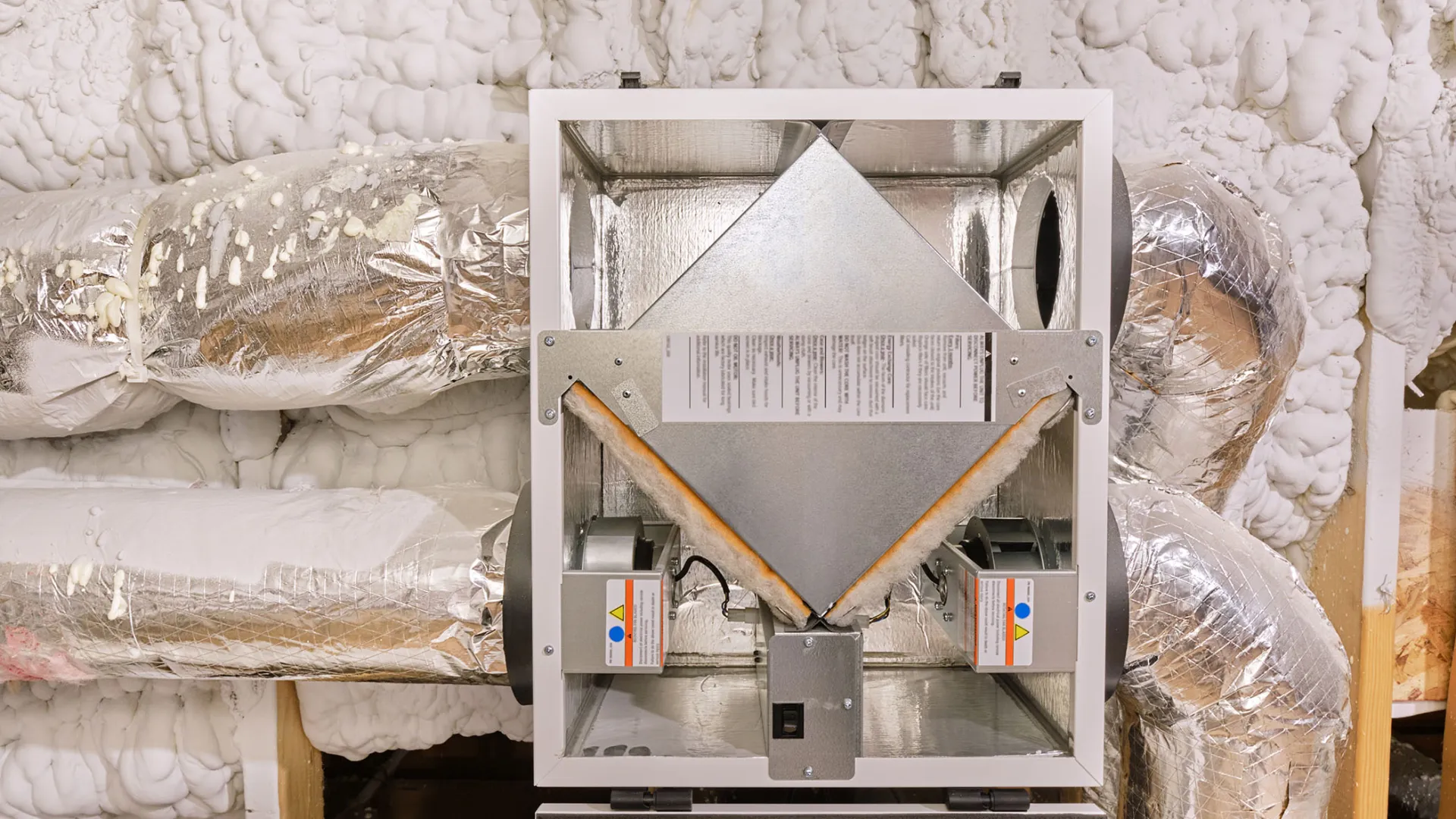
PV: The Home Performance Experts
HVAC Ventilation Design for Clean, Healthy Air
The Science of Comfort
Engineered HVAC Solutions for Homes
Why Home Ventilation Design Matters
Here's why it's so important:
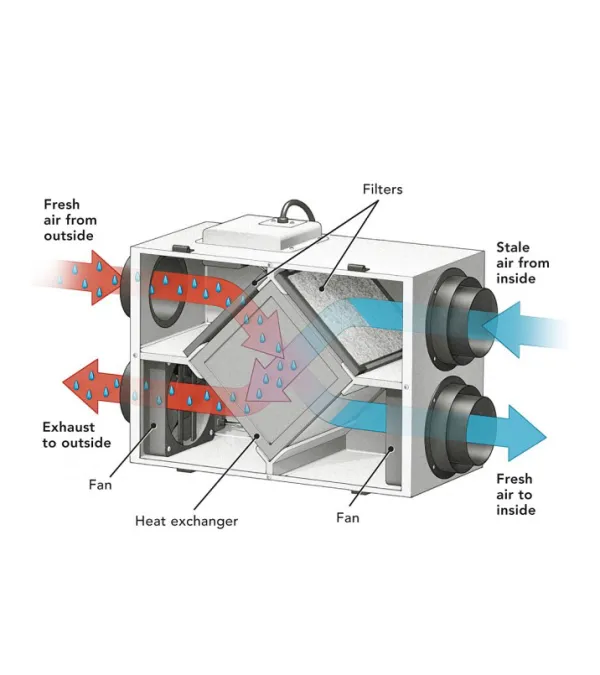
- Cleaner Air — Quality ventilation removes stale indoor air and helps reduce allergens, pollutants, and odors.
- Balanced Humidity — In climates with extreme humidity or dryness, a mechanical system stabilizes indoor moisture levels and cuts down on mold or static problems.
- Healthier Living — Studies show that better air circulation can help alleviate allergies, respiratory issues, and frequent headaches.
- Energy Efficiency — When you control where air enters and exits, you often reduce the workload on your HVAC system—lowering long-term energy costs.
- Atlanta-Ready Comfort — Here in the Southeast, where summers are hot and muggy, a well-designed ventilation system can reduce indoor stickiness, lessen strain on your AC, and keep your home feeling fresh year-round.
Our Ventilation Design Process
1 Assess Your Home:
2 Check ASHRAE Standards:
3 Seal and Filter:
4 Select the Right Equipment:
5 Implement and Verify:
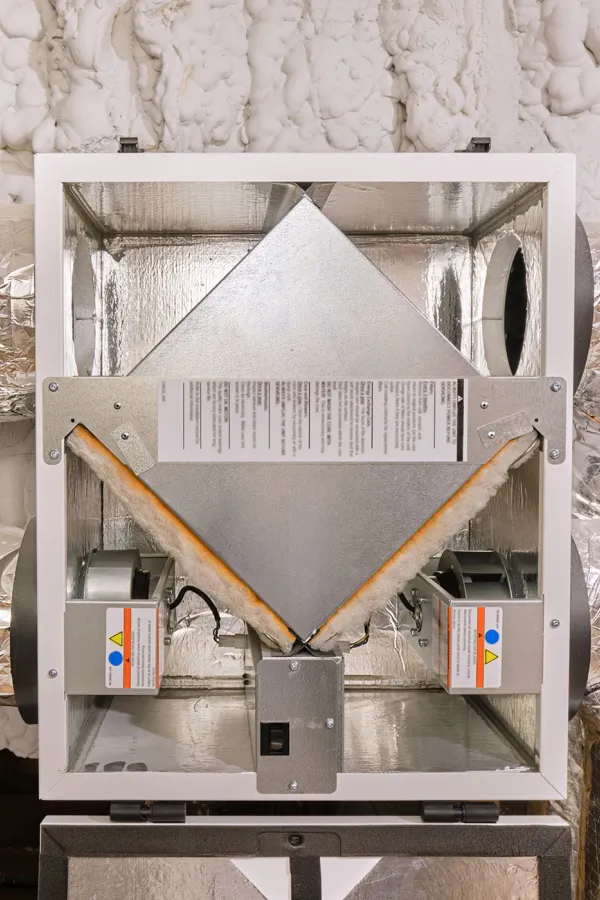
INFO CENTER
All About Ventilation: Key Details, Tips, and Benefits for a Worry-Free Home
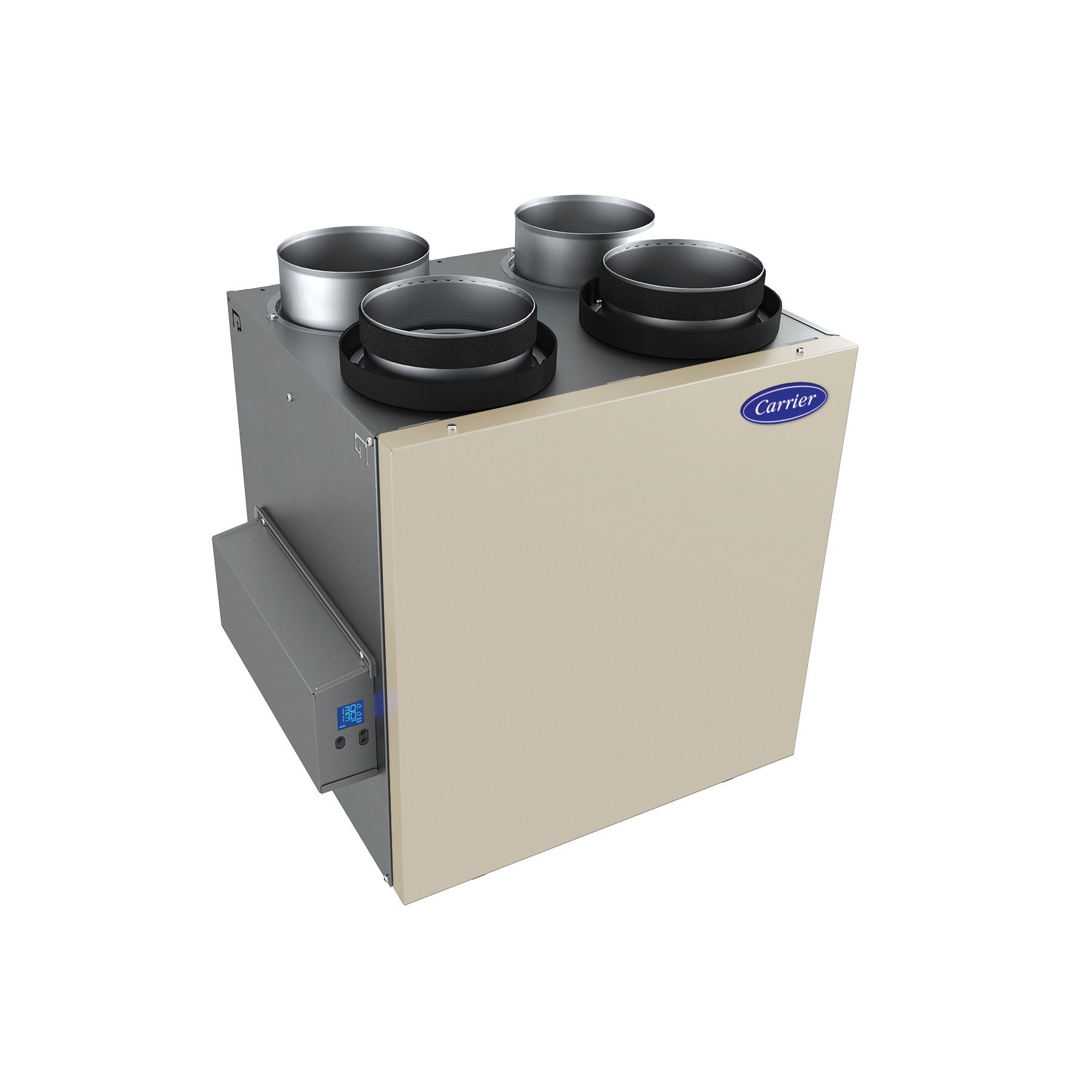
Isn’t opening windows enough for fresh air?
I live in a hot, humid area—won’t bringing in outside air make it worse?
Do I need a ventilation design if my home is new?
What if my home already has an air filter or air purifier?
How do I get started?
How does Atlanta’s high pollen count affect my ventilation needs?
Will adding ventilation equipment raise my energy bills?
Is a whole-house dehumidifier always necessary in humid climates?
Can ventilation changes fix stuffy upstairs rooms in multi-level homes?
Do local building codes in Atlanta require specific ventilation standards?
We did not find your search. Please try another entry.
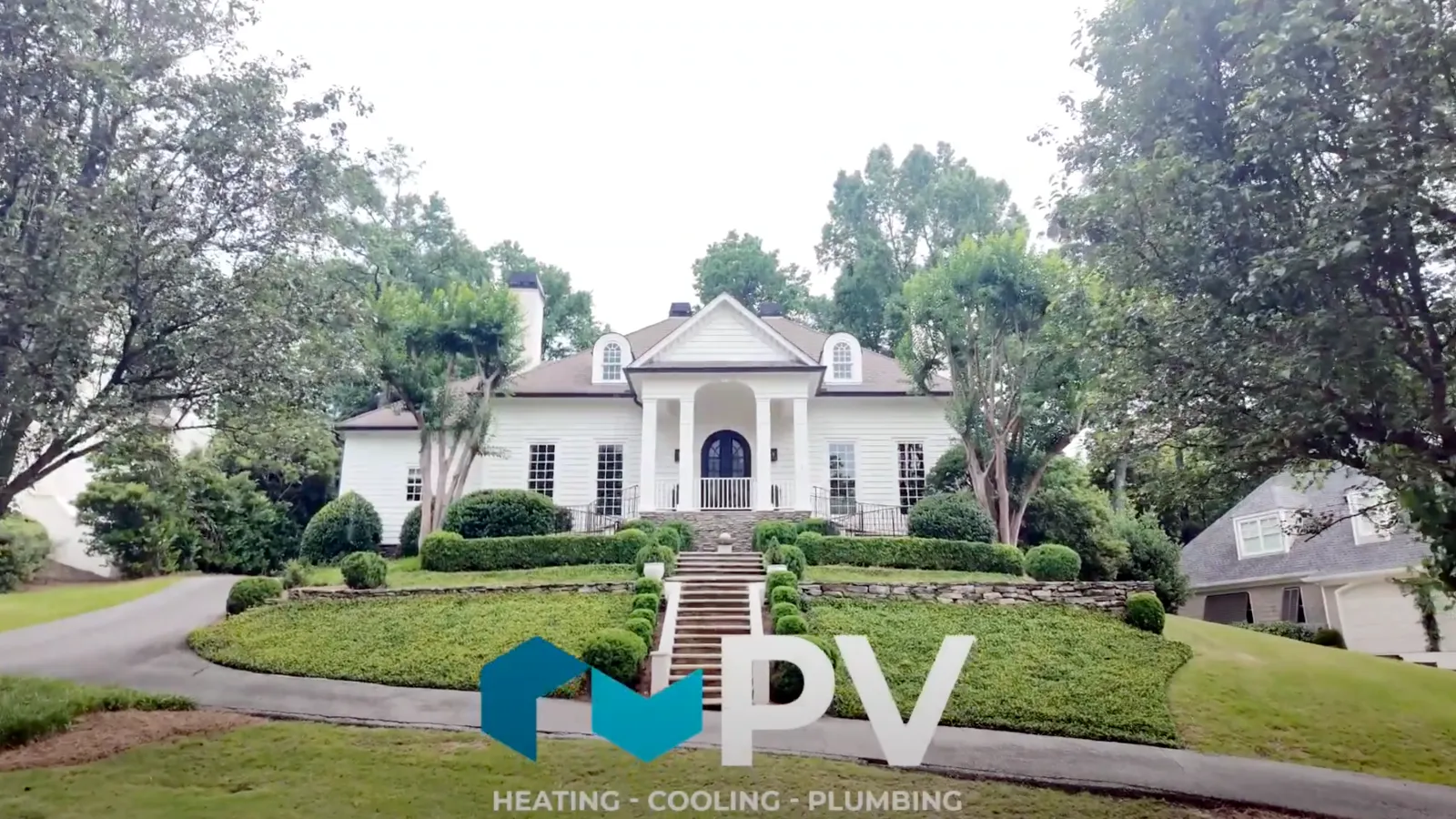
Real-World HVAC Solutions for Atlanta Homes
Watch How We Transform Home Comfort
Inside PV: Building Science Excellence
Gas to Electric: A Georgia Family’s Heat Pump Upgrade
Delivering Dependable Services Throughout Metro Atlanta
